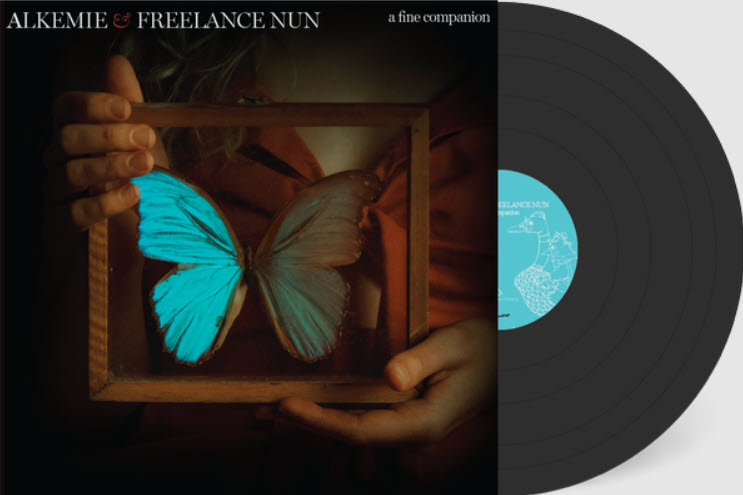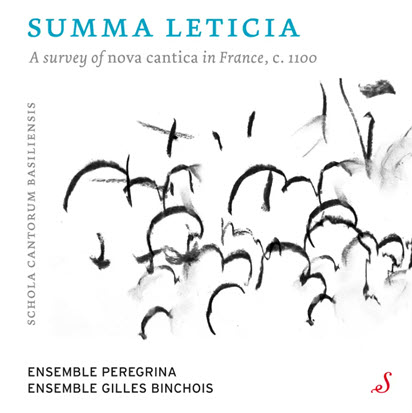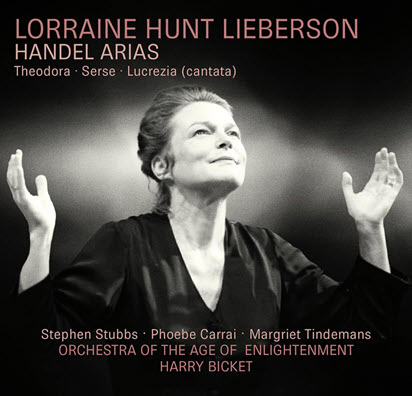by Stephanie Manning
Published February 5, 2024
A Fine Companion. Alkemie and Freelance Nun. Bright Shiny Things BST-0195
Re-contextualizing 12th-century texts and melodies into a package of psychedelic synth-pop could seem a bit of a stretch. Alkemie’s latest project somehow makes it seem perfectly natural.
The New York City-based Alkemie and its sister ensemble, Freelance Nun, collaborated to create A Fine Companion, an album that blends the medieval and modern in impressively creative ways. Composer Charles Mueller skillfully transforms troubadour texts into dreamily contemporary journeys, where listeners are just as likely to hear the rock trinity of electric guitar, bass, and drums as they are a viola da gamba.

We tend to associate much of troubadour music with idealized versions of chivalry and beautiful women loved from afar. A Fine Companion instead platforms the writings of trobairitz — female troubadours who sang about their own romantic feelings and often bucked convention in the process.
A text from La Comtessa de Dia opens the album in “the switch with which one switches oneself” — all songs here are lowercase — which builds on a bed of guitar and period strings into a chanting chorus reminiscent of a pounding rock number. Still, typical hard rock this is not. Instead, it’s a vielle that contributes the equivalent of a shredding guitar solo.
The hypnotic “seguin + valensa,” named for a pair of lovers whose story is lost to time, is the other selection from La Comtessa. Vocalist Tracy Cowart’s fast vibrato nicely emphasizes her vulnerable love for someone who rudely rebuffs her advances. As her emotional turmoil grows, two other high voices join in close harmony, echoing the women who have also felt like this over the centuries.
Not every text on the album is from a trobairitz, but all emphasize the feminine perspective or somehow challenge the status quo. Ben Matus brings to life the words of Guilhem IX, Duke of Aquitaine during “i know a lady,” an optimistically wistful track that retains an air of mystery. Cameron LeCrone’s drum set remains present and essential without being intrusive, assisted by subtle but memorable touches from recorders.
A cutting take on greedy clergymen with a text from Peire Cardenal, the song “judas” pairs vocalist Ellie Sutherland’s airy, mesmerizing vocals with tasteful low strings and vocal slides. And in the daring “love is like the spark (escoutatz!),” the steady spoken words — first penned by Marcabru — are positively dripping with venom for the speaker’s unfaithful lover. Energetic synthesizers, glockenspiel, and a snappy whispered motif combine to create the catchiest track on the album.
A Fine Companion is released to download and also on vinyl LP, with an A and B sides. The four songs on Side B continue in much of the same, unceasingly creative vein, including the spirited title track, “(find yourself) a fine companion.” The only offering that slightly loses the forward motion of the project is “nor,” another Peire Cardenal text and the longest song at over eight minutes. The intriguing reedy opening slowly blurs into a number of ephemeral extended cadenzas.
Two songs on the back side take the time to get slower and more contemplative: “d’aurenga” (Azalais de Porcairagues) and “the butterfly” (Folquet de Marseilla). The latter is also the best example of the phone-call style that Mueller employs occasionally throughout the album, a 21st-century twist that enhances certain lines without obscuring their original meaning. It’s yet another example of how, for these early texts, a little modern ingenuity can make for a truly fine companion.
Stephanie Manning is a regular correspondent for ClevelandClassical.com and served as a fellow at the 2022 Rubin Institute for Music Criticism. A graduate of Oberlin Conservatory, she currently studies journalism at Concordia University in Montreal. For EMA, she recently reviewed rediscovered keyboard music by Pauline Viardot.




